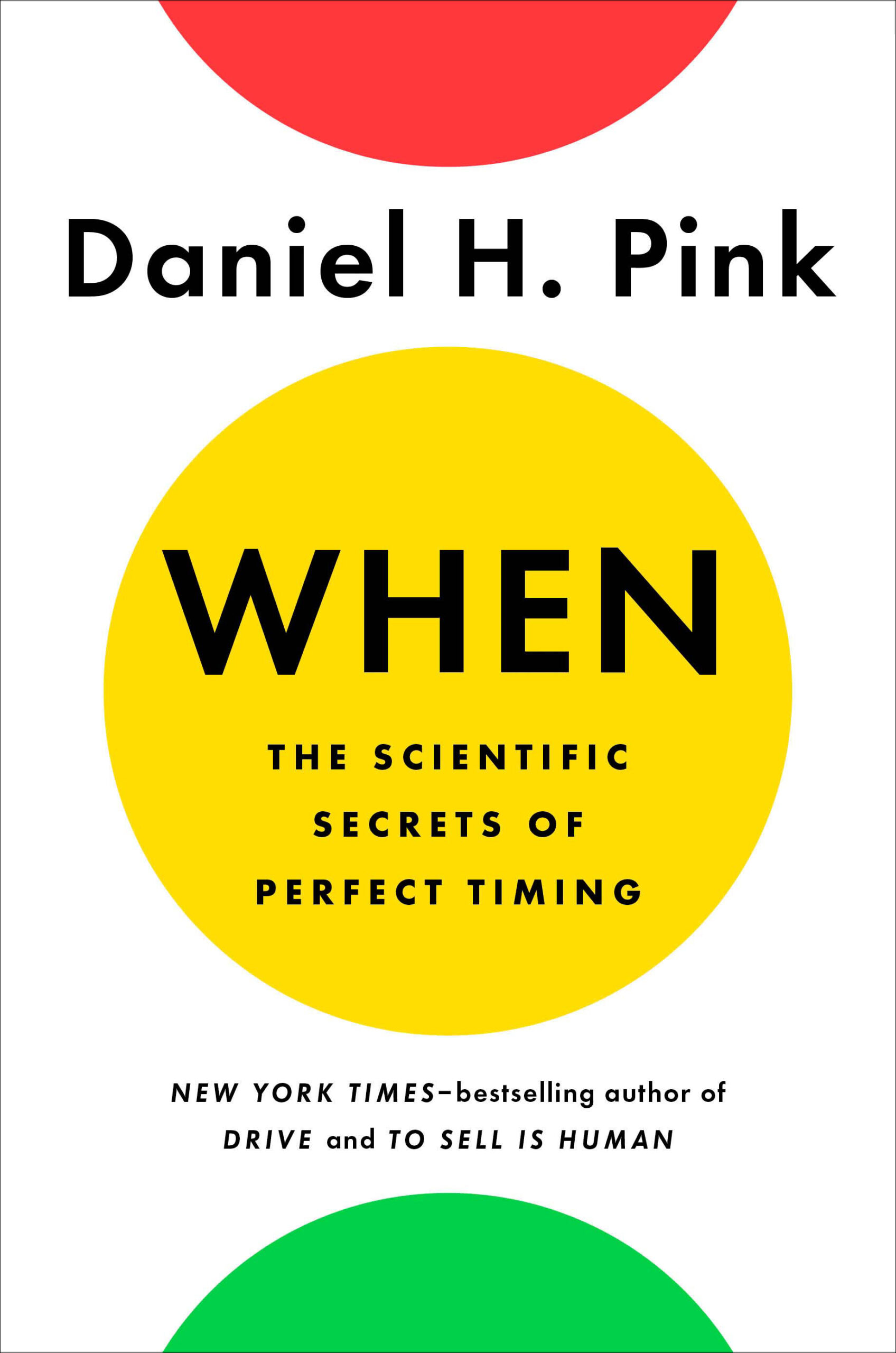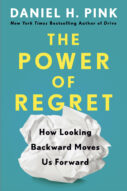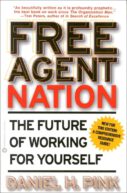Why I Wrote When
What You'll Learn in When
- Timing isn’t an art. It’s a science. We often make our “when” decisions based on intuition or instinct. That’s a mistake. Decades of research in psychology, biology, economics, and medicine, reveal that timing follows predictable patterns – and understanding those patterns can boost our performance and well-being.
- Your cognitive abilities don’t remain constant throughout the day. Most of us move through the day in three stages: peak, trough, recovery. Doing the right work at the right time can dramatically boost your performance.
- Breaks are a performance enhancer, not a sign of weakness. The right kinds of breaks – especially those involving movement, nature, socializing, and full detachment from technology – can sharpen focus, reduce errors, and lift well-being.
- Episodic timing is as important as daily timing. Beginnings, midpoints, and endings have outsized effects. How we start things dramatically affects their course. Being in the middle of a project or a life can either create a spark or produce a slump. And endings pack an enormous emotional wallop.
- Group timing makes us stronger. Synchronizing with others – whether singing in a choir or rowing in a boat – boost performance and deepens meaning. When we sync, we soar.
Most Highlighted on Kindle
Purchase Now:
WHEN: The Scientific Secrets of Perfect Timing
In Daniel Pink’s new book, find out how regret, our most misunderstood emotion, can be the pathway to our best life.

Awards & Accolades
Four months on The New York Times bestseller list
Wall Street Journal, Washington Post, USA Today bestseller
An Amazon Best Book of the Year
Goodreads Readers' Choice Science Book of the Year Finalist
Translated in 39 languages






